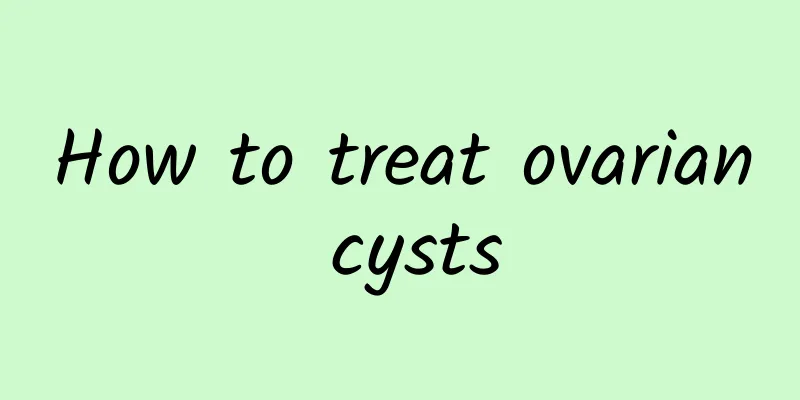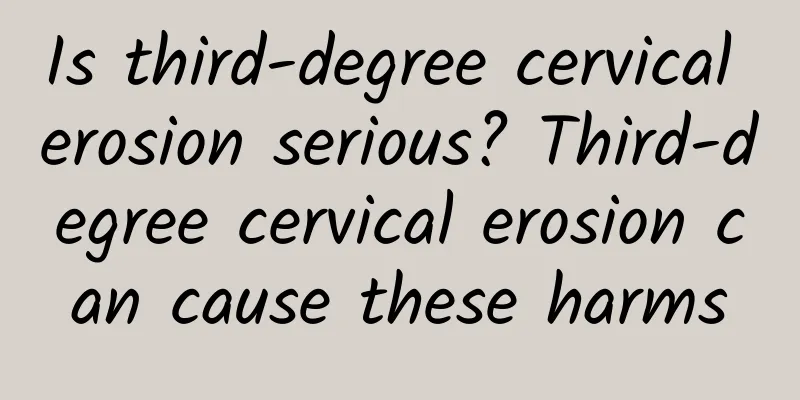How to treat ovarian cysts

|
Ovarian cysts are not uncommon, and many women may discover this problem during a physical examination. Typically, ovarian cysts are sac-like structures formed by the accumulation of fluid or semi-fluid material in the ovaries. Although it may sound scary, most ovarian cysts are benign and do not pose a serious threat to health. There are many treatment options, and the specific options depend on the type of cyst, size, and whether symptoms occur. Watchful waiting is a common approach. Many ovarian cysts go away on their own within a few cycles, especially functional cysts, which are often related to the menstrual cycle. If the cyst is not causing discomfort, your doctor may recommend regular follow-up visits to monitor changes with ultrasound. This approach works well for small, asymptomatic cysts, especially in women of childbearing age. For those with significant symptoms or larger cysts, medication may be an option. Oral contraceptives are sometimes used to help regulate menstrual cycles and prevent new cysts from forming. While they cannot shrink existing cysts, they can reduce the risk of future cysts. If the cyst is causing pain, your doctor may recommend pain medication to relieve the discomfort. Surgery is suitable for larger or persistent cysts, especially those suspected of being malignant. Surgical methods include laparoscopic surgery and laparotomy. Laparoscopic surgery is less invasive and has a faster recovery, making it suitable for most benign cyst removal. Laparotomy is suitable for more complicated cases or when malignancy is suspected. After surgery, the doctor will recommend follow-up treatment and regular checkups based on the specific situation. In daily life, maintaining a healthy lifestyle can also help maintain ovarian health. A balanced diet, regular exercise and good work and rest habits can help maintain the balance of hormones in the body and reduce the risk of cyst formation. Regular physical examinations are an important means of early detection and treatment of ovarian cysts. Through reasonable treatment and lifestyle adjustments, most women can effectively manage ovarian cysts and stay healthy. |
<<: What does superconducting flow mean?
>>: Things that can cause miscarriage if a pregnant woman touches them
Recommend
Can I run if I have an enlarged cervix?
Patients with cervical hypertrophy and sagging ca...
What is the standard care for abortion?
Abortion is a very painful thing for expectant mo...
Frequent vaginal douching can easily lead to ectopic pregnancy
Too frequent vaginal flushing can disrupt the aci...
No oil stuck and no "belly" burden! Medicinal and Healthy New Year Dishes
The Spring Festival is coming, and the New Year&#...
There are also benefits to menopause in women. These 5 diseases may gradually go away. It is worth being happy.
"Doctor, I've been feeling a little unwe...
What are the symptoms of uterine fibroids? Can uterine fibroids cause cancer?
Uterine fibroids are very harmful to women. Many ...
Is it not just coffee and sweets that can prevent gastroesophageal reflux? Professor Wang Jinkun reveals: Be careful of the four foods that hide gastric acid mines
If you often experience heartburn, cough, and hoa...
What vegetables are better for patients with cervical precancerous lesions?
Everyone must actively grasp the dietary precauti...
How should women prevent endometrial thickening?
In recent years, many female friends have experie...
6 principles to accelerate fat burning: exercise for 1 hour
If you want to be thin, beautiful and healthy, in...
Aya Ueto uses cabbage to lose weight and Aya Hirayama eats vegetables to supplement milk
In the concept of weight loss, it is not recommen...
Irregular menstruation causes spots and acne
Regarding the causes of irregular menstruation, e...
Intramural uterine fibroids require more attention from beauties!
What are the symptoms of intramural uterine fibro...
The most valuable auxiliary examination for threatened abortion
Every pregnant mother wants to give birth to a he...
Is hydatidiform mole a malignant disease? Can it be cured?
Hydatidiform mole is malignant and can be cured, ...









